Xiaomi Aims to Capture TECNO's Market Share in Africa: Lei Jun Sets Sights on the 'King of Africa'
![]() 08/14 2025
08/14 2025
![]() 596
596
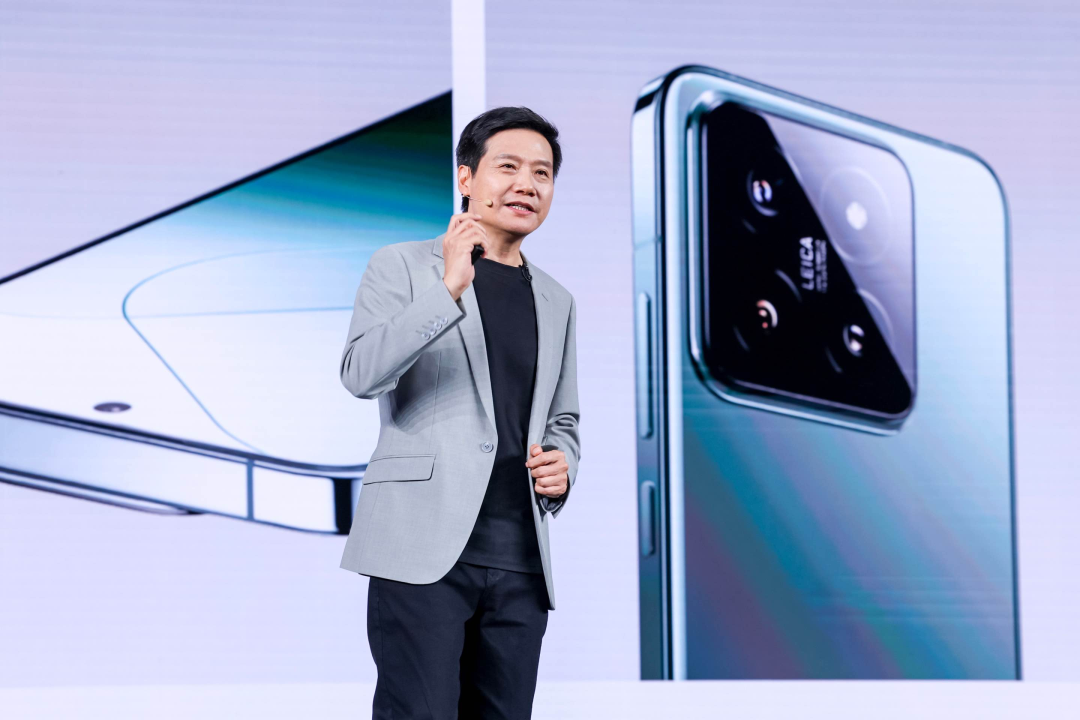
By Xuanxuan / Artwork by Gu Qingqing / Produced by Wangjie
In the fiercely competitive global smartphone market, brands are relentlessly pursuing new avenues for growth. Recently, Xiaomi's strategic moves in the African market have garnered widespread attention.
On August 13, media reports revealed significant personnel realignments within Xiaomi's African operations. Liu Shequan was appointed General Manager of the African Regional Department, concurrently overseeing the Western Africa War Zone, and reporting directly to Lin En, General Manager of International Sales.
Simultaneously, Zou Chengzong took charge of the Eastern Africa War Zone, Huang Jinhua became the Kenya Country Manager, Wu Chunhui headed the Marketing Department, and Liu Yeqi led the After-Sales Service Department. All four report to Liu Shequan, General Manager of the African Regional Department.
These personnel changes signal an acceleration in Xiaomi's expansion plans in Africa. Earlier, Xiaomi's founder, Lei Jun, had already expressed his intent to increase investments in the African continent.
This series of appointments, coupled with Lei Jun's statement, clearly indicates Xiaomi's ambition to make a significant push into the African market, heralding a new wave of intense competition in the region's smartphone landscape.
01 Why is Xiaomi Aggressively Pursuing the African Market?
Xiaomi's focus on the African market is not a spur-of-the-moment decision. With a population exceeding one billion, Africa is currently undergoing a critical transition from feature phones to smartphones, with a penetration rate significantly lower than in developed markets like Europe, the United States, and China.
This translates into immense market growth potential. It's akin to fertile soil ready for cultivation; with the right seeds, the harvest promises to be bountiful.
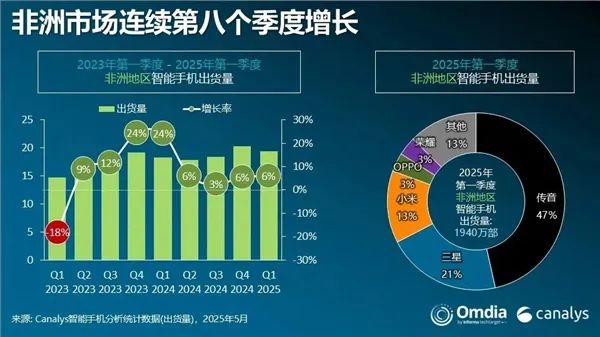
Xiaomi first ventured into the African market in 2014 but faced underwhelming results. In 2015, it made some progress but failed to achieve substantial breakthroughs. It wasn't until 2019 that Xiaomi officially established its African Regional Department and began a serious push into the market. Despite initial setbacks, including the dismissal of the first regional head, Wang Lingming, for violating company policies, Xiaomi persisted.
In recent years, the global smartphone market has shown sluggish growth, with emerging markets like India, Southeast Asia, and the Middle East also losing steam. Amidst this backdrop, Africa's potential stands out. For Xiaomi, the African market serves as a beacon of hope, offering new avenues for growth.
02 Xiaomi's Strategies and Achievements in the African Market
Xiaomi has implemented a series of targeted strategies in the African market. Firstly, in terms of products, it has launched the Redmi 14C/A series of smartphones priced below $100. These devices offer exceptional value for money and have been localized to cater to African consumers' needs.
For instance, in many African regions with poor lighting conditions and darker skin tones, Xiaomi has developed a deep-skin low-light AI camera algorithm, enabling African users to take satisfactory photos. Additionally, considering the charging inconveniences in some parts of Africa, long battery life has become a standard feature of these phones.
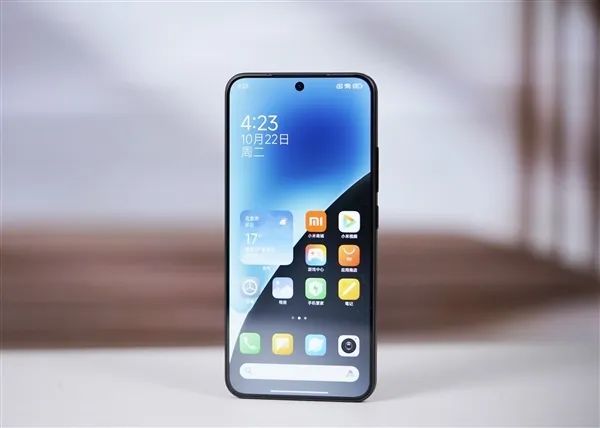
In terms of channel strategy, Xiaomi has emulated TECNO's channel sinking approach and distribution model. TECNO primarily relies on local small retailers, mom-and-pop stores, and wholesale markets in Africa. This strategy ensures products reach every corner of the continent and a broader consumer base.
Recognizing this, Xiaomi is also leaning towards small retailer networks, continuously increasing the density of sales outlets and enhancing coverage in cities and towns.
To bolster brand recognition in Africa, Xiaomi, adept at fan engagement, has organized various consumer interaction activities. In Egypt, it hosted the "Xiaomi Discount Carnival," and in Nigeria, the "Xiaomi Fan Meeting." These events attracted substantial participation from African consumers, gradually fostering understanding and affection for the Xiaomi brand.
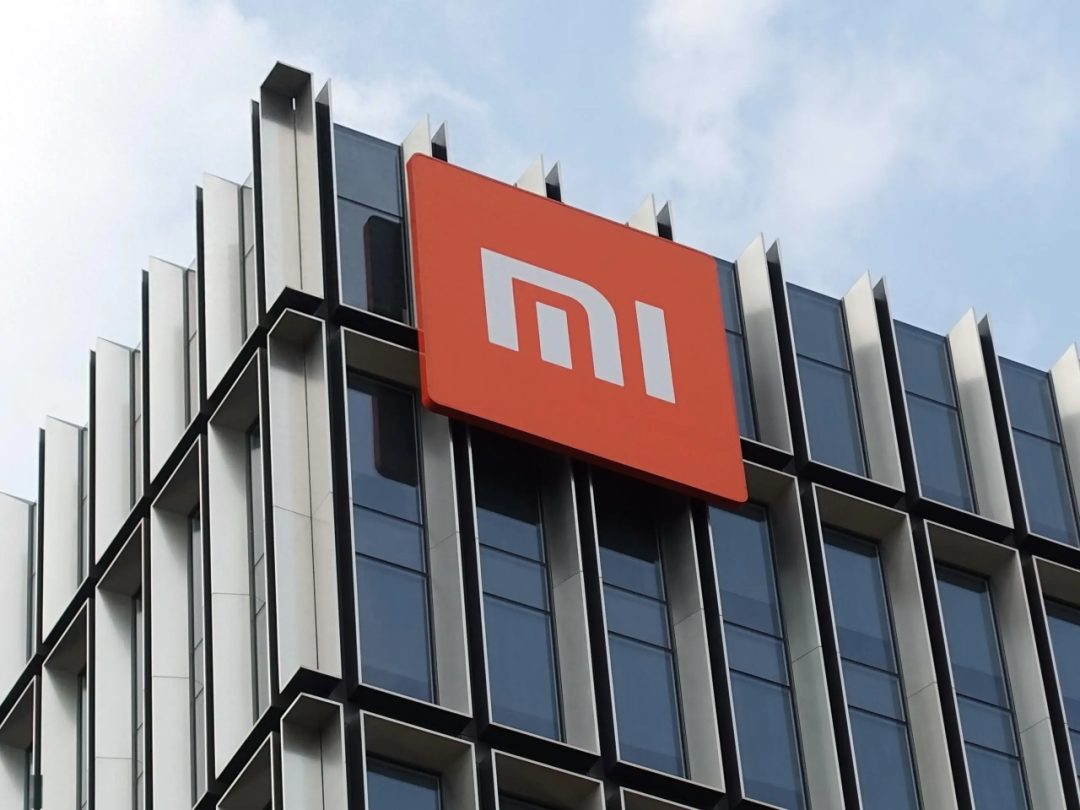
These efforts have yielded remarkable results for Xiaomi in Africa. In 2024, Xiaomi's sales in Africa surged by 38%, with its market share rising to 11%, making it the third-largest smartphone brand after TECNO and Samsung.
By the first quarter of 2025, Xiaomi's shipments increased by 32% year-on-year, with its market share further rising to 13%. Such growth rates are highly impressive in the global smartphone market.
03 Challenging TECNO, the 'King of Africa'
When discussing Xiaomi's progress in the African market, TECNO cannot be overlooked. In the African market, TECNO has long held a dominant position, earning the moniker "King of Africa."
For years, TECNO has established a comprehensive and extensive product ecosystem based on its deep understanding of the African market. Its market share once exceeded 50%, far surpassing other brands.
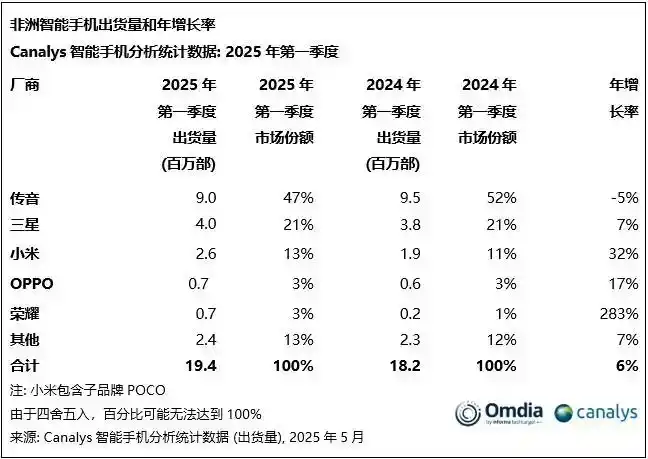
However, with Xiaomi's intensified efforts in the African market, TECNO's market share has also been affected. In the first quarter of 2025, TECNO's shipment share in the African market dropped to 47%, with shipments of 9 million units, a decrease of 5% year-on-year. Xiaomi closely followed with a 13% share and strong growth momentum.
Competition in the African smartphone market has reached a fever pitch. Xiaomi, with its product advantages, channel strategies, and brand operating capabilities, is continuously eroding TECNO's market share. TECNO, leveraging its years of brand loyalty and market experience, is actively countering this challenge.
The future of the African mobile phone market remains uncertain. Will TECNO continue to dominate, will Xiaomi catch up, or will new variables emerge? Only time will tell.
Conclusion
Xiaomi's Commitment to Increasing Investment in the African Market is Clear
Xiaomi's personnel realignments in the African market and Lei Jun's statement about increased investments underscore the company's determination to deepen its presence in the region. The African market represents a new frontier brimming with opportunities for Xiaomi.
Through targeted product strategies, channel strategies, and brand building, Xiaomi has achieved notable success in Africa and posed a challenge to the traditional leader, TECNO. While TECNO still holds a significant share in the African market, Xiaomi's rapid development has made this competition highly anticipated.
In the coming years, we can expect Xiaomi to continue its efforts in the African market, potentially unveiling more surprises.







